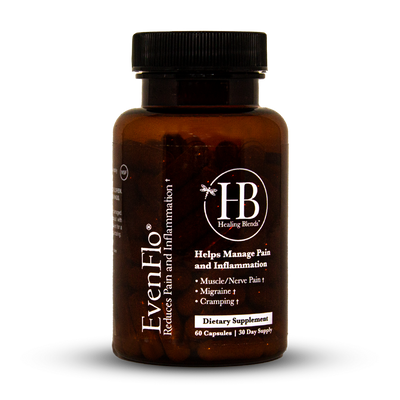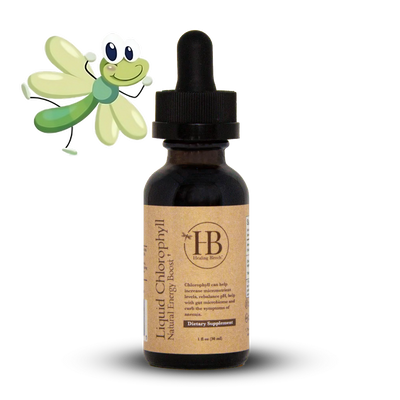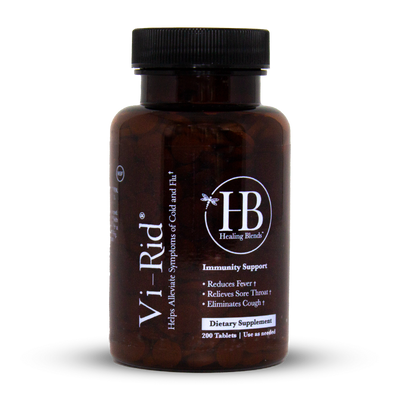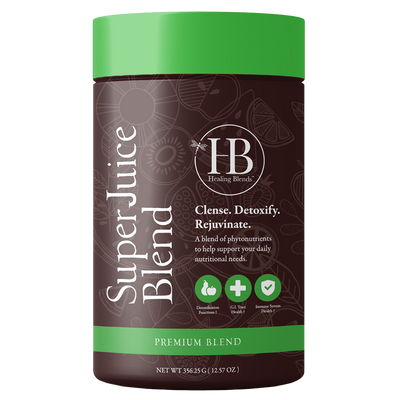Gut-Mitochondria Connection Affects Neurological Health & Aging Disorders
Mitochondria is the powerhouse of the cell, which means it is responsible for energizing most, if not all, of our cellular functions and activities.
Research has revealed that a healthy, balanced gut is essential for mitochondrial function, leading to a significant medical breakthrough: a gut rich in good and diverse bacteria can help alleviate disorders associated with mitochondrial dysfunction.
The intricate relationship between the gut and mitochondria affects neurological, cognitive, and aging disorders. Let’s explore ways to keep this relationship healthy.

Understanding the gut-mitochondria connection
The gut and mitochondria influence each other in several ways, primarily through complex interactions that impact both energy production and overall health.
Energy production and metabolism
Gut bacteria influence the body's energy metabolism by affecting how nutrients are absorbed and utilized, impacting mitochondrial function.
Immune system modulation
The gut microbiota helps develop and regulate the immune system, and mitochondria are involved in signaling pathways that trigger immune responses.
An imbalance in the gut microbiome can lead to inflammation, affecting mitochondrial function and overall cellular health.
Oxidative stress response
Mitochondria produce and manage reactive oxygen species (ROS), which are crucial for cellular signaling but can be damaging in excess. Gut bacteria can influence the body's oxidative stress levels and thus impact mitochondrial function.
Signal transduction
The gut microbiota communicates with mitochondria through various signaling mechanisms, including endocrine, immune, and humoral pathways.
Metabolites produced by gut bacteria can influence mitochondrial functions related to energy production, redox balance, and inflammatory cascades. This crosstalk is evident in bacterial infections and intense physical exercise.
Shared evolutionary origin
Mitochondria and bacteria share a similar evolutionary origin, which is why they communicate well with each other. This ancestral relationship means that changes in gut bacteria can have more direct impacts on mitochondrial function.

The gut-mitochondria connection and its effect on brain health
The gut-brain axis is a communication network that links our gut and brain through biochemical signaling. This includes the nervous system (especially the vagus nerve), the endocrine system (hormonal pathways), and the immune system.
Gut microbiota influence these pathways by producing metabolites and signaling molecules that can affect brain function and health. Their key interactions include:
- Neural mitochondria and energy: The brain is one of the most energy-demanding organs, relying heavily on mitochondria to sustain cognitive functions and maintain neural health. Dysfunctional mitochondria can lead to neurological disorders such as Alzheimer's, Parkinson's, and multiple sclerosis.
- Microbial metabolites: Metabolites produced by gut bacteria, like short-chain fatty acids (SCFAs), cross the blood-brain barrier and directly influence mitochondrial function. For example, SCFAs like propionic acid can enhance mitochondrial health, which is crucial for brain function and protecting against diseases like multiple sclerosis.
- Immune system modulation: Mitochondria are key players in our immune response. They generate reactive oxygen species (ROS) which, in controlled amounts, help signal immune defenses. However, an imbalance caused by pathogenic bacteria can lead to chronic inflammation and contribute to neurodegenerative diseases.
- Neurotransmitter regulation: Gut bacteria also produce and modulate neurotransmitters such as serotonin, dopamine, and GABA. These neurotransmitters are crucial for mood regulation, and their production can be influenced by mitochondrial activity. For instance, serotonin enhances mitochondrial biogenesis, helping reduce oxidative stress in neurons.
Bidirectional Communication
Interestingly, the communication isn't one-way. Neural mitochondria can also influence gut health. For example, mitochondrial dysfunction can alter the gut barrier, allowing harmful bacteria to penetrate and disrupt the gut microbiome balance, which can further impact brain health.

Impact of the Gut-Mitochondria Connection on Aging and Age-Related Disorders
Changes in the gut can have profound effects on aging and related health issues. Here's how:
- Inflammation and Cellular Function:
Alterations in gut bacteria can lead to increased inflammation and disrupt both cell and mitochondrial function. This disruption can exacerbate the effects of aging and heighten the risk of developing diseases such as cancer, brain disorders, heart diseases, and diabetes.
- Mitochondrial Role in Aging:
Mitochondria, besides producing energy, also generate reactive oxygen species (ROS) vital for cellular functions. However, excessive ROS production can damage cells and accelerate the aging process, contributing to the onset of disease.
- Influence on ROS Production:
Research indicates that gut bacteria can influence the production of ROS within mitochondria. Certain gut bacteria have the ability to alter cellular signaling pathways involving ROS, impacting cell function and contributing to the progression of aging and age-related disorders.
Understanding and addressing the connection between the gut microbiota and mitochondria is crucial for mitigating the effects of aging and preventing age-related diseases.

A quick recap
The research on how our gut and mitochondria interact tells us that a healthy gut is undeniably important for our brain health and how we age.
When our gut bacteria are balanced and diverse, our mitochondria work better, so our cells have the energy they need and aren't damaged as easily. This is especially important for our brain cells because problems with mitochondria can lead to brain diseases.
As we age, keeping our gut healthy could help keep our mitochondria in good shape, possibly slowing down aging and reducing the risk of diseases like heart problems and diabetes.
Taking care of our gut health is a good way to help our whole body stay healthy as we age.
It’s time to take care of your gut!
Given this massive amount of information about how the gut keeps your mitochondria and the whole body working, you must take care of it!
One of the best ways to do so is by seeking a medical professional trained in healing the gut using safe and scientifically proven methods.
Healing and taking care of the gut consistently and correctly is right up Dr. Charlie Ware’s alley.
Dr. Ware is a natural medicine physician who uses herbal treatments to reset your gut. He creates a personal plan for each patient, so you are sure each treatment is designed according to your gut health needs.
Book a 45-minute telehealth consultation with Dr. Ware today and learn how to nurture your gut-mitochondria connection for improved health.

























